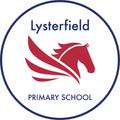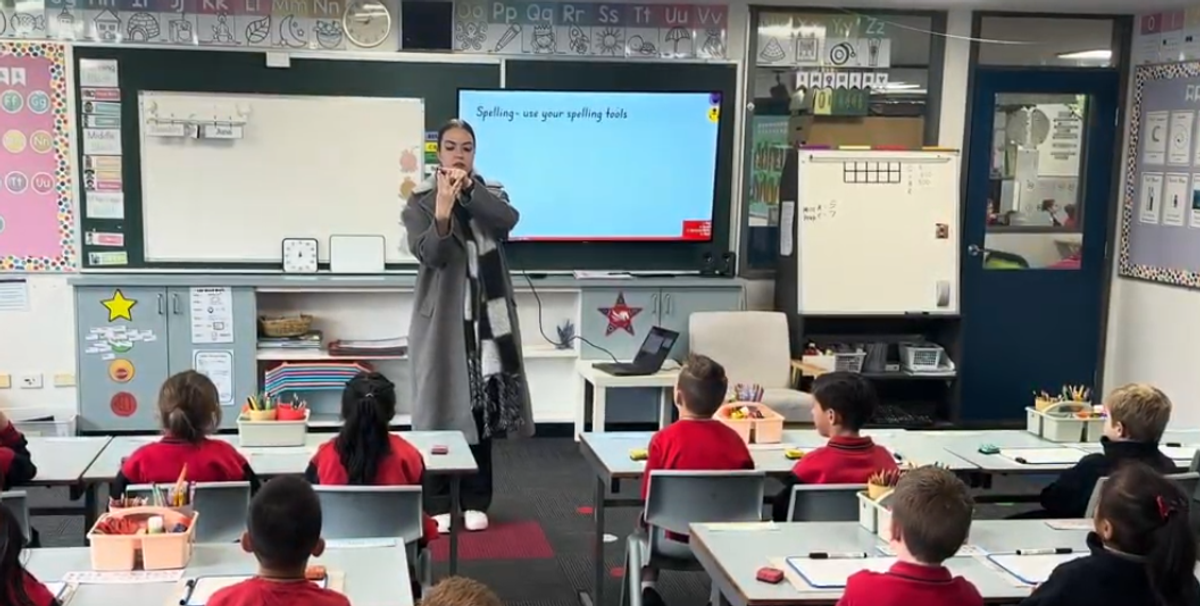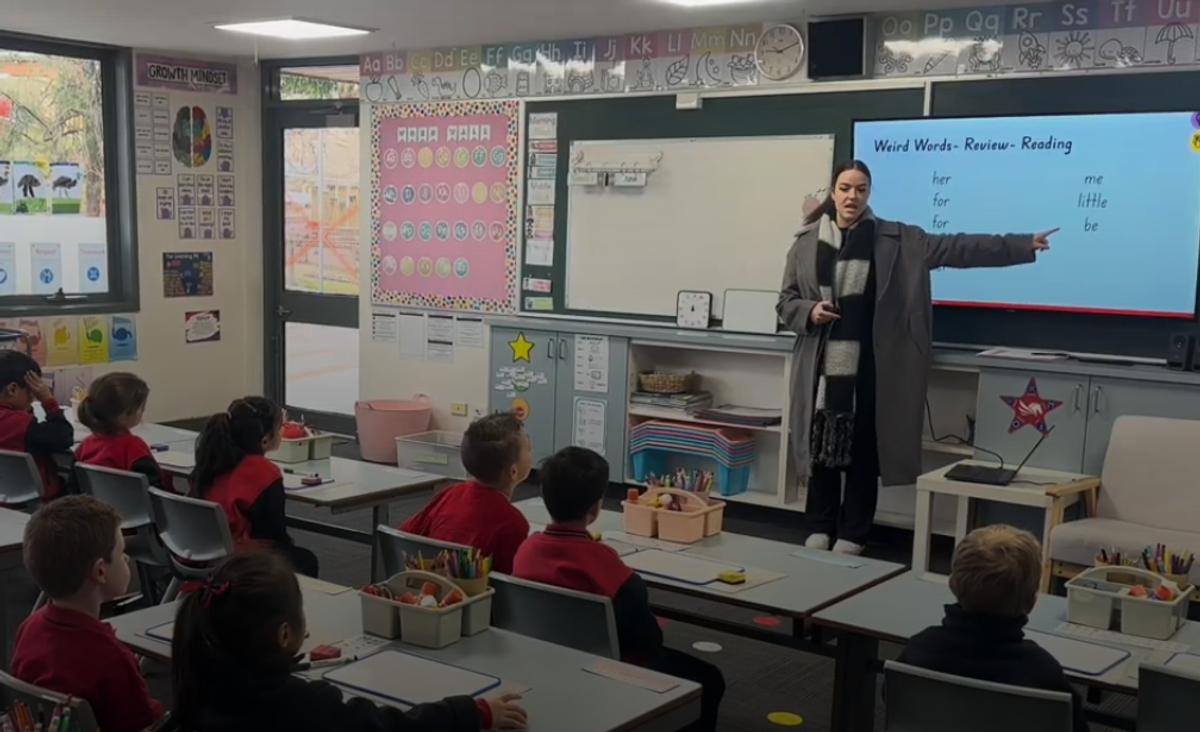Learning and Teaching

Dear LPS families,
Building Excellence Through Explicit Instruction
At Lysterfield Primary School, our 2025 Annual Implementation Plan (AIP) focuses on building practice excellence by embedding a consistent instructional model across all classrooms. This year, our work has centered on implementing and refining Knowledge Rich Units, Literature Units, Word Work, and Daily Review in Mathematics, each grounded in the evidence-based principles of explicit instruction.
What We’ve Achieved So Far
By mid-year, all staff had completed professional learning on Knowledge Rich Units and implemented them in classrooms, helping students connect new ideas to prior learning and build strong foundations of knowledge. Our Literature Units, introduced at the start of the year, have enriched reading and writing lessons, giving students deeper opportunities to explore language, ideas, and author craft. Word Work remains a daily routine across the school. Every teacher has been observed at least once this year, with individual feedback and school-wide trends informing further professional learning. In Mathematics, every year level now completes four daily reviews a week, ensuring key concepts are revisited regularly so knowledge is retained and built over time.
These actions are strengthening the consistency and rigour of teaching across the school. Leadership teams have increased classroom coaching, walkthroughs, and feedback cycles to ensure practices are implemented with fidelity.
Why Explicit Instruction Matters
Behind all of this work is a clear commitment to explicit instruction, a highly effective, evidence-informed approach to teaching that helps all students succeed.
Explicit instruction means that teachers clearly show students what successful learning looks like. Lessons include modeling, guided practice, checks for understanding, and opportunities for students to practise with increasing independence. Far from simply “telling students the answers,” it is about making expert thinking visible and supporting every learner to build confidence and mastery.
Research on how the brain learns best, including Cognitive Load Theory and Rosenshine’s Principles of Instruction, shows that students thrive when new information is introduced in manageable steps, linked to prior knowledge, and practised over time. This structured approach reduces confusion, supports memory, and builds strong habits of success.
Addressing Common Misunderstandings
Sometimes parents hear “explicit instruction” and think it might be rigid or unengaging. In fact, the opposite is true. Students are highly active in these lessons, responding, practising, applying, and receiving feedback in real time. Lessons are clear and purposeful, reducing frustration, increasing motivation, and allowing all students to be successful.
Some students even describe these lessons as “easy”, but that’s a good sign! It means their cognitive load is being managed well, allowing them to focus on learning rather than guessing what to do next. True challenge comes from thinking deeply with knowledge, not from confusion.
What This Means for Your Child
Explicit instruction helps all students, regardless of their starting point, to access, understand, and retain key knowledge. It builds equity by ensuring every child is given the scaffolds and clarity they need to succeed. It also nurtures metacognition: students learn how to monitor their understanding and apply strategies to improve.
At Lysterfield, we are proud that our teachers are being explicit about explicit instruction. It’s not just a teaching method, it’s a mindset of clarity, accessibility, and high expectations. By continuing to embed this approach through our AIP priorities, we are ensuring every student learns with confidence, understanding, and purpose.
Have a wonderful weekend,
Kristine Roose | Assistant Principal - Learning & Teaching







